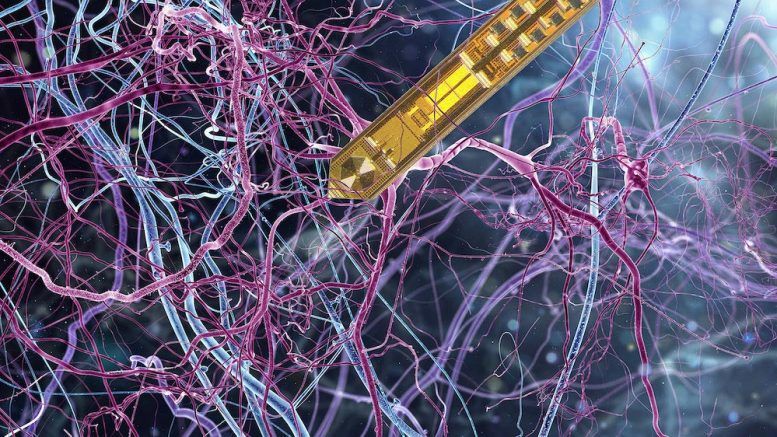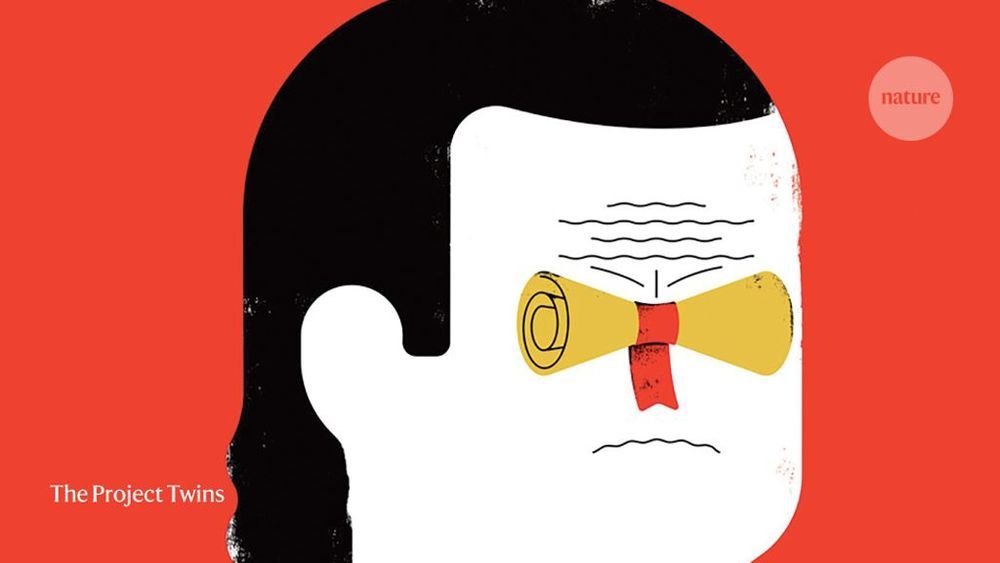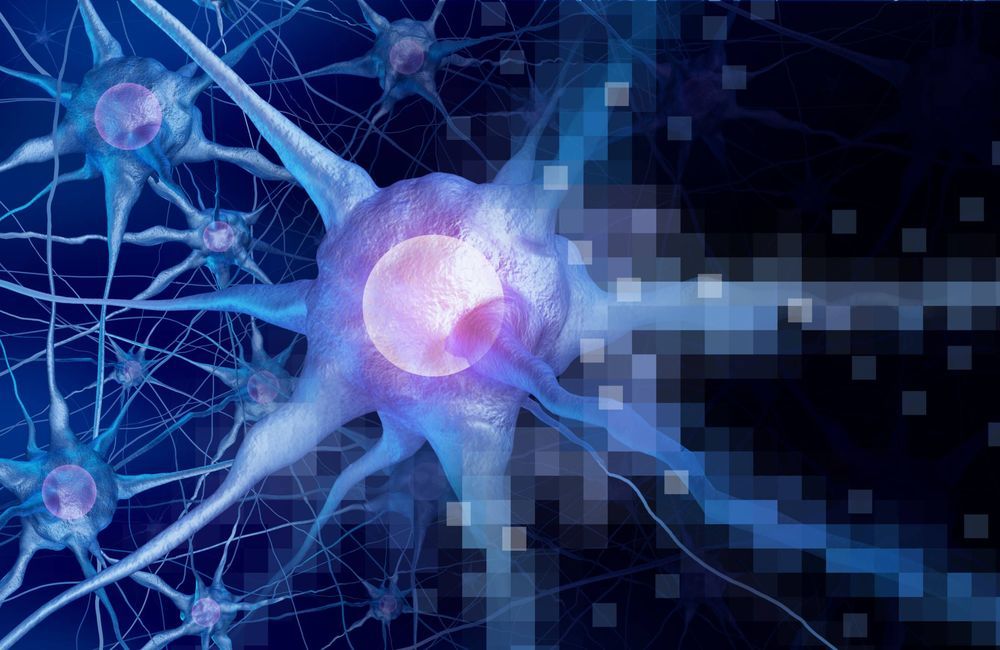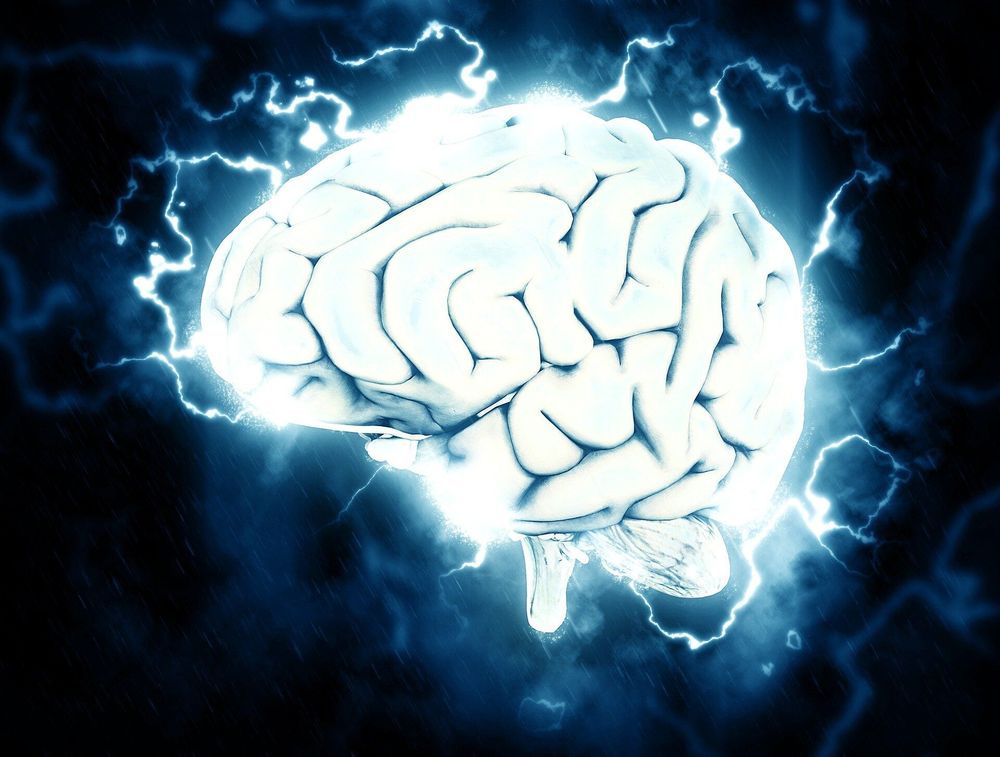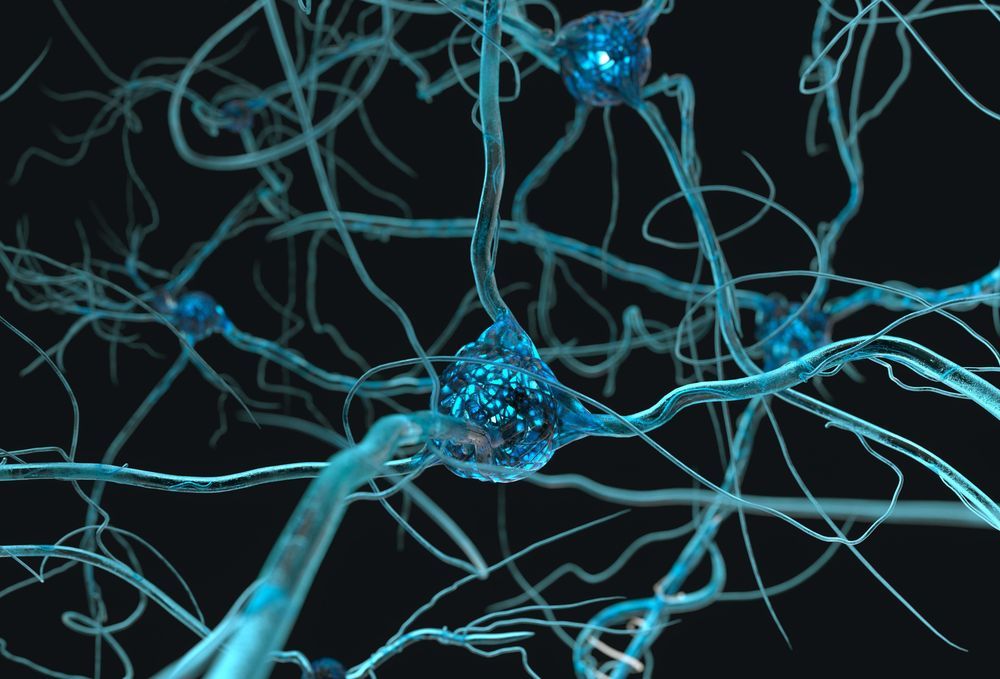It has long been understood, and by cultures too various to list, that salamanders have something of the supernatural about them. Their name is thought to derive from an ancient Persian vocable meaning ‘fire within’, and for at least 2,000 years they were believed to be impervious to flames, or even capable of extinguishing them on contact. Aristotle recorded this exceptional characteristic, as did Leonardo da Vinci. The Talmud advises that smearing salamander blood on your skin will confer inflammability. Not so. But the intuition that salamanders possess fantastical powers is not unfounded.
Like earthbound immortals, salamanders regenerate. If you cut off a salamander’s tail, or its arm, or its leg, or portions of any of these, it will not form a stump or a scar but will instead replace the lost appendage with a perfect new one, an intricacy of muscle, nerve, bone and the rest. It will sprout like a sapling. Science has been chopping up salamanders for more than 200 years with the aim of simply understanding the mechanics of their marvels, but more recently with the additional aim of someday replicating those marvels in ourselves. Might salamanders be the great hope of regenerative medicine?
The salamander in which regeneration is most often studied is an odd and endearingly unattractive Mexican species known as the axolotl. In addition to its limbs and extremities, the axolotl is known to regrow its lower jaw, its retinae, ovaries, kidneys, heart, rudimentary lungs, spinal cord, and large chunks of its brain. It heals all sorts of wounds without scarring. The axolotl also integrates the body parts of its fellows as if they were its own, without the usual immune response, and this peculiar trait has facilitated some of the more grotesque disfigurements it’s endured in the name of science. In experiments after the Second World War, East German scientists grafted small axolotls crosswise through the backs of larger ones. The animals’ circulatory systems came to be linked, and the researchers hailed the conjoined mutants as triumphs of collectivism.

